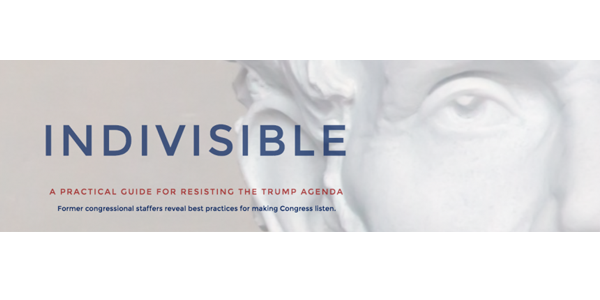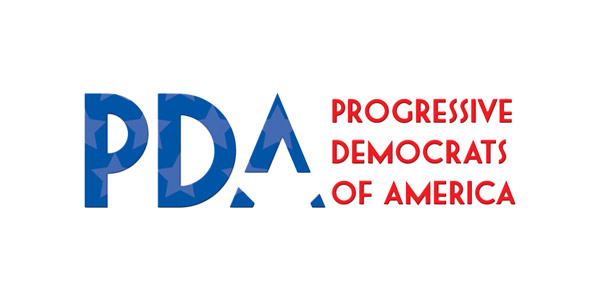The nurses versus Queen Meg
By Doron TsurHaaretzJuly 28, 2010Meg Whitman is a household name, at least among households with habitual readers of the business press, especially those who invest in technology stocks. She is the near-legendary manager of the Internet giant eBay. Under her stewardship eBay grew from a kicky startup Web site where people could sell and buy stuff, but which made no income to speak of, into the stellar success it is today.Whitman’s resume is fairly typical for a top American manager. She’s a graduate of Harvard Business School. Her career stops include a stint as senior vice president at Disney Consumer Products, CEO of Florists Transworld Delivery and head of Hasbro’s Preschool Division, where she managed Playskool and Mr. Potato Head. Then, in 1998, she came to eBay.And for years she served as a director on Goldman Sachs’ board. During that period she, like other directors, won priority to participate in offerings the investment bank led, on which she made a pretty penny.Upon leaving the management of eBay in January 2008 (though she remained on the board another year ), having made a fortune from generous pay and a massive exercising of stock options, Whitman turned to politics. Now she is running in the California governor’s race, which will be decided in November.While Whitman is a household name, not many have heard of Rose Ann DeMoro. Nor is the organization she heads, the California Nurses Association, as well known around the world as eBay.DeMoro is not a nurse by trade. Her career track is very different from Whitman’s. Her career stops include working as a cashier in St Louis and mainly, political activity in trade unions.Yet the careers of the two women are on collision track because of Whitman’s plans for California.Whitman, who stands a good chance of winning the November poll, plans to slash California’s budget, which is in no better shape than Greece’s. Most of the cut will be in public-sector wages and pensions. That will affect people such as policemen, teachers, firemen – and nurses – the ones led by the indefatigable DeMoro.Getting personalUnder DeMoro’s stewardship, California’s nurses have begun a well-publicized campaign in which they call the candidate “Queen Meg” and portray her as a callous billionaire detached from the lives of ordinary folk. They depict her as someone using her fortune to buy power – Whitman is expected to spend about $150 million of her own money on the campaign.The claws are out. Nurses demonstrate outside Whitman’s home and have thrown their support behind the Democratic candidate Jerry Brown. Their attacks have also taken a personal nature.Whitman’s campaign isn’t sitting there and taking it: The attacks on DeMoro have also taken a personal bent, revealing her pay, which is a lot higher than the average pay nurses make.Whitman’s people are constantly driving home that DeMoro isn’t a nurse to begin with.In general, the campaign for Whitman, a Republican, tries to distinguish between public servants, who are cherished, and trade union leaders, who are not. It’s a classic divide-and-rule tactic.The clash between Whitman and DeMoro has all the earmarks of a good story: The polarity of the warriors, each representing a totally different agenda; their differences in style and appearance; and the fact that things have turned personal. The stage is set for drama.Candidate Whitman wears suits and comes armed with a tightly focused economic plan based on steep spending cuts. Her ammunition is a Harvard-style accurate list of the tough steps that need to be taken to save California’s budget. Labor leader DeMoro has her picture taken in union T-shirts. She waves placards, not lists, and delivers her speeches through a megaphone outside Whitman’s house. She tells stories of people’s lives, not numbers and economic data.I don’t know who will win the gubernatorial race, or which of the two poles will prevail. But the story of the California race is the same story unfolding just about everywhere else in the world, and investors would do well to watch not only the indexes, but this race very closely.This is not just another story of another local election. The nurses versus Queen Meg represents the growing gap in society, in America and elsewhere. On the one hand you have the high-tech and finance royalty, the white-collar people and businessmen, who are Whitman’s natural constituency. They support balanced budgets and tax cuts.On the other hand you have public servants and blue-collar workers, whose pay and living standards have been steadily eroding.It is the perennial battle over the distribution of the pie, and when the pie has been shrinking, as it has been these days, the fight turns bloody.The cutbacks reach the public sectorSince the global economic crisis began two years ago, the business and consumer sectors in America have been shrinking, while cutting back spending and investment. The number of employees has tumbled.But the increase in unemployment and wage erosion have been confined to the business sector. Until now the public sector has been immune, at both the federal and state levels. If anything, the public sector increased spending to stimulate the economy and alleviate the symptoms of the recession.If Whitman is elected, all this is likely to change. She has said 40,000 jobs will be cut from the public sector, and the remaining employees will face wage cuts. Other states are likely to follow suit, including New Jersey, Illinois and Michigan.If that happens, the United States will be in a strange situation. At the national level, the federal government is adopting Keynesian strategies of spending more and more, increasing its deficit and striving to preserve jobs. But at the state level, governments will do the opposite, adopting a pattern spreading in Europe – tightening their belts and reducing their deficits, despite the danger of a short-term jump in unemployment.Economists are watching these opposite directions in America and Europe: deficit spending versus discipline. Those two opposing approaches are now arising in America itself: proponents of increasing the deficit versus proponents of budgetary conservatism. It is internal strife that will only get worse as November approaches and the voters have their say.The writer is the CEO of Psagot Compass.











